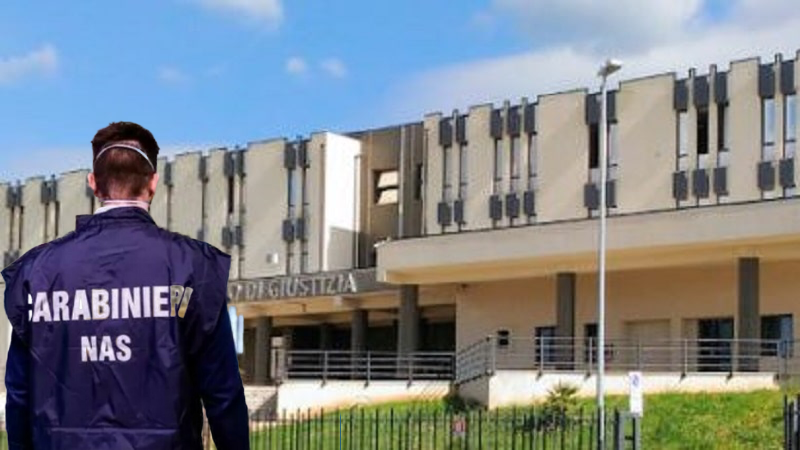Fraud on the health system, in the Cosentino area: 15 pharmacists under investigation
Found a turnover that revolves around one million euros. According to the prosecution, the suspects created false medical prescriptions for expensive drugs that were reimbursed by the NHS also thanks to the complacency of the pharmacies. Some activities fall within the province of Crotone (ASCOLTA L’AUDIO)
Matteo Lauria's C News24 November 11, 2022
A turnover that revolves around one million euros. The operation was carried out by the Carabinieri of the Nas of Cosenza and the Health Protection Group of Naples with the help of the Carabinieri of the Provincial Commands of Cosenza and Crotone, under the coordination of the public prosecutor of the court of Castrovillari led by Alessandro D 'Alessio. The provision was issued by the Judge for preliminary investigations of the Court of Castrovillari.
The precautionary measures
Numerous searches are still underway at homes, doctors' surgeries and pharmacies in the provinces of Cosenza and Crotone with the preventive seizure of assets. Three coercive measures of pre-trial detention in prison ordered against two pharmaceutical informants and a general practitioner, a measure of house arrest against the wife of the latter while for the other 15 suspects, including some pharmacists in the Ionian area of Cosenza, the interdictive measure of the prohibition of exercising the profession of owner, manager, pharmacy collaborator was applied.
The investigations
The investigative activity is corroborated by a series of environmental, telephone and telematic interceptions, as well as control and shadowing services, which made it possible to hypothesize the existence of a criminal association aimed at aggravated fraud against the National Health Service, carried out through the preparation of false medical prescriptions relating to expensive medicinal products, not connected to any therapeutic need of unsuspecting patients, to whom they would have been prescribed for the sole purpose of receiving the relative profit thanks to the total reimbursement of expenses by the Health Service.
According to what was reconstructed, the pharmaceutical informant would have indicated to the family doctor the detailed list of drugs to be prescribed, according to corporate profit needs. The doctor, with the help of his wife, proceeded to draw up the drug prescriptions agreed with the informant, attributing them to his unsuspecting patients, and delivered them to the owners of the compliant pharmacies, who proceeded to stock up on the drugs. Once the products were received, the pharmacists or their collaborators would remove the identification stamps (so-called "die-cuts") from the medicine boxes and apply them to the fake prescriptions. The latter, once the "dies" of the boxes of the individual products have been completed, constitute the title with which each pharmacist requests and obtains reimbursement of the price of the drug prescribed by the National Health Service. According to the prosecutorial hypothesis, the pharmacist would also have had the advantage of collecting from the NHS the full price of the medicines, even expensive ones, when he actually bought them from the company at higher discounts than the 45%.
The disposal of medicines
The last part of the illicit activity carried out by the associates concerned the individual ways of disposing of the hundreds of packs of medicines which, by now without the "bucket", were no longer marketable on a regular basis. Indeed, there is reason to believe that, when it came to powders, liquids or small tablets, the owners of the pharmacies would have disposed of the medicines by throwing them into embankments or into the toilets of the pharmacies. In most cases, however, it would have been the prescribing doctor, personally or through the pharmaceutical rep, who threw them into the unsorted waste.
The proceeding is still in the preliminary investigation phase and the suspects must be considered innocent until a final sentence is passed.
Related news: Corigliano Rossano, scam at the NHS. C. and his wife silent before the investigating judge
Related news: Carabinieri NAS Lecce: assenteismo all’ASL di Lecce (Distretto socio-sanitario di Gagliano del Capo), 11 avvisi di garanzia
